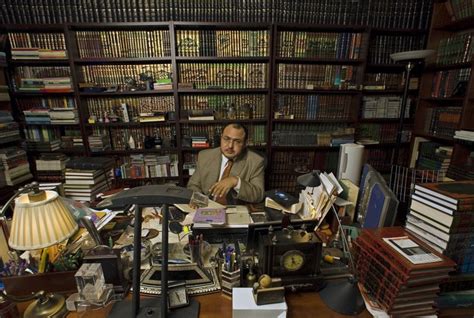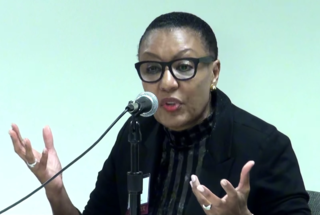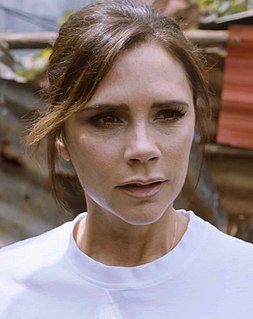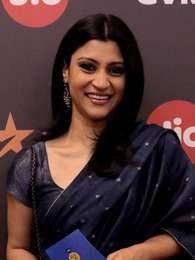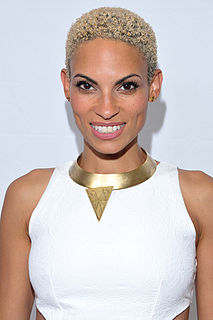A Quote by Khaled Abou El Fadl
Islamic tradition is full of examples of supporting the autonomy of women and the empowerment of women. Very few people know that in Islamic history there have been well over two thousand women jurists.
Related Quotes
Women were free in older times when the Islamic nation was strong. There are so many examples in history, not more than a thousand years ago, when Muslim women were leaders, scientists, professionals, and so on. It is all about justice, and justice can be attained through having the rulers accountable to their people.
Think about that: at a time when it was inconceivable to have a woman rabbi or a woman scholar of Christian theology or canon law, the Islamic civilization boasted hundreds of women who were authorities in Islamic law and Islamic theology and that taught some of the most famous male jurists and left behind a remarkable corpus of writings.
Personally I get so much of my inspiration from women in other countries, so I don't feel like American women are the leaders and I don't agree with the notion that Americans can accomplish more or do more. But I do think that what we can uniquely do here in America is mobilize and galvanize a lot of these ideas and resources. It's a war of ideas. We, Islamic women, are very well supported in this country by institutions, academic and nonprofit, that are already in the field endorsing women's rights and tolerance. The women in other communities have been the pioneers in this work.
The Islamic tradition does show some areas of apparent incompatibility with the goals of women in the West, and Muslims have a long way to go in their attitudes towards women. But blaming the religion is again to express an ignorance both of the religion and of the historical struggle for equality of women in Muslim societies.
I am always revolted when Islamic leaders, from Afghanistan or elsewhere, deny the very existence of female oppression, avoid the issue by pointing to examples of what they view as Western mistreatment of women, or even worse, justify the oppression of women on the basis of notions derived from Sharia law.
I had very supportive parents that made the way for me, even at a time when there were very few women - no women, really; maybe two or three women - and very few, fewer than that, African-American women heading in this direction, so there were very few people to look up to. You just had to have faith.
Under Islamic precepts, men cannot enter the home of a woman who they don`t know, and so they need the women in this effort to enter homes where they`re - where they`re looking for possible women terrorists, women accomplices of Boko Haram, and trying to either disarm them or get them out of that movement.
One thing that I feel very, very strongly is that we talk about Islamic countries, Islamic people, Islamic leaders, as either moderates or extremists. It's almost like there are only two categories of Muslims. And actually, that doesn't show respect. It shows lack of understanding of the diversity of Muslim thought.
I get very frustrated when I hear women saying, "Oh, feminism is passé," because I think feminism means empowerment. Men can be feminists, too! Many men are feminists. We need feminism. It's not against men; it's about the empowerment of women. It's the respect of women - giving women equal rights, the same opportunities.
U.N. Women was created due to the acknowledgement that gender equality and women's empowerment was still, despite progress, far from what it should be. Transforming political will and decisions, such as the Member States creating U.N. Women, into concrete steps towards gender equality and women's empowerment, I think is one of the main challenges.
